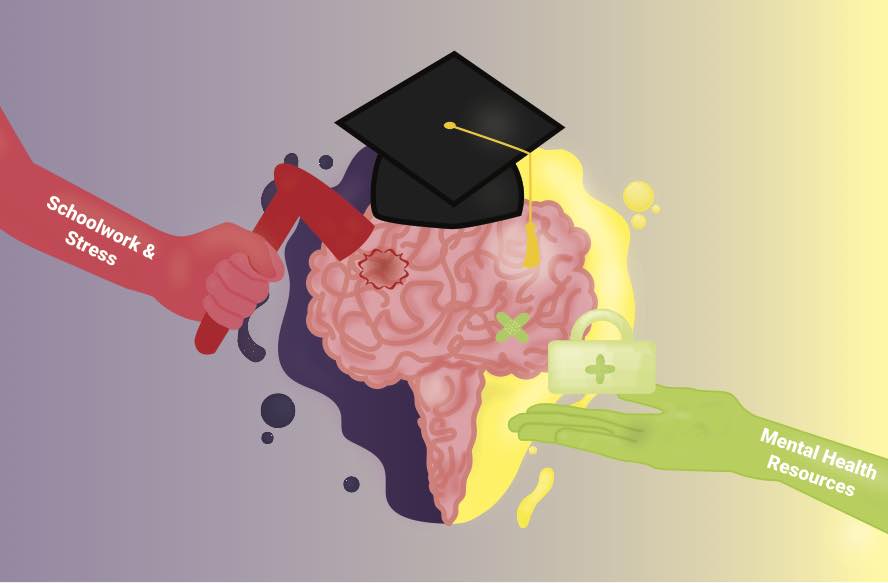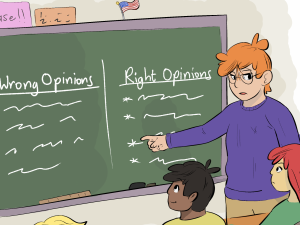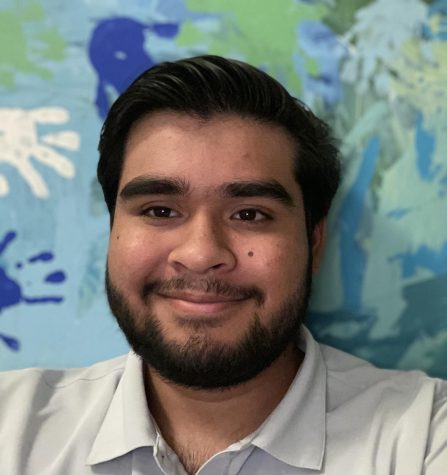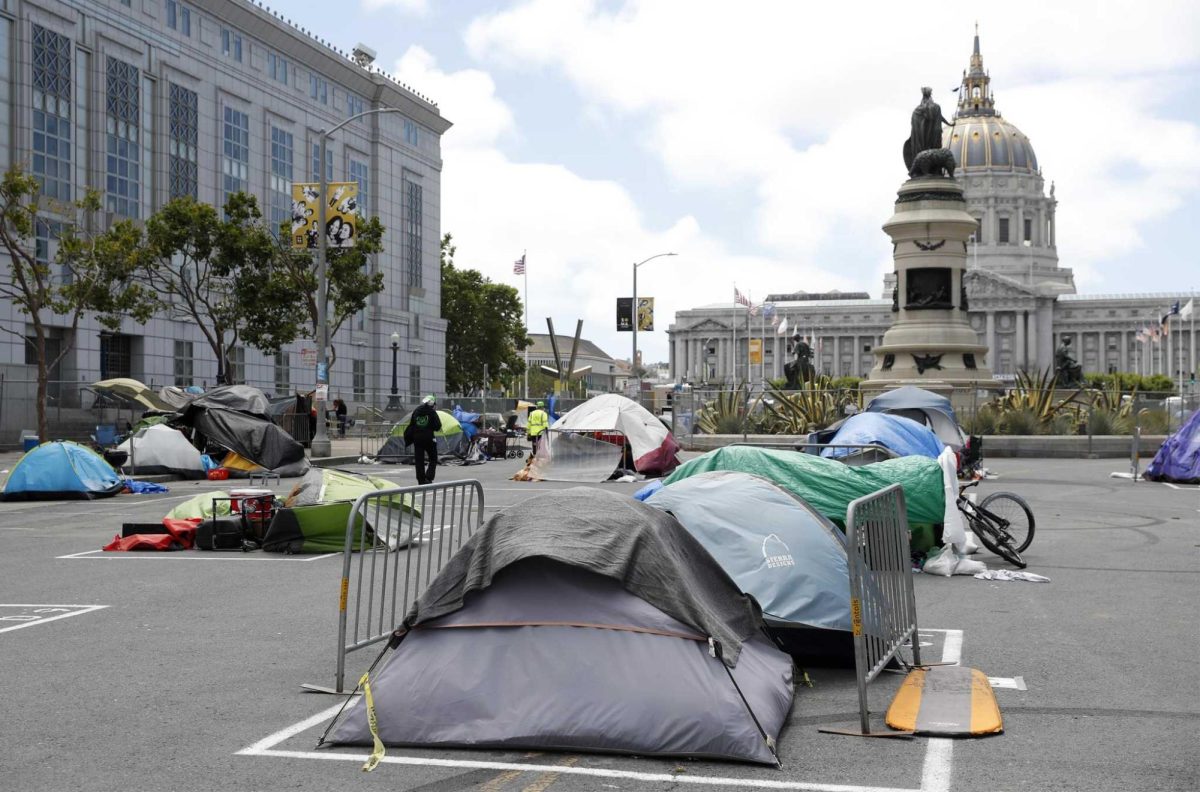Wellness counselors offer support
Mental health resources include advice webinars, small conversation events
December 17, 2020
Student Support Resources are at the forefront of the mental health program in a time of what many teens are experiencing as isolation during the COVID-19 pandemic.
“A lot of schools push mental health to the side and focus mainly on academic counseling and college counseling, where this community does have that mental health focus in mind,” Wellness Counselor Caitlin Walsh said.
Walsh, along with fellow wellness counselor Roberto Parris, have been adapting to virtual sessions with students in compliance with COVID-19 safety restrictions, as well as hosting a number of conversation events.
“Online counseling I can do, and I have had practice with it so it’s working for me fine,” Parris said. “My preference is in-person because I enjoy being one-on-one with students and people and getting a sense of their energy and who they are.”
“We want to offer a space for students to come and process anything that they’re going through or talk about things that feel uncertain,” We want to offer a space for students to come and process anything that they’re going through or talk about things that feel uncertain. — Roberto Parris
The school has also been facilitating webinars with nationally recognized psychologist Lisa Damour, during which she discussed sensitive topics such as grades, college pressure, relationships, and sexual and mental health while accepting anonymous student questions.
“It’s hard to discuss things with your parents or an older sibling,” Walsh said. “It helps to have those kinds of third party people and be able to talk to her and ask those really tough or super awkward questions.”
Following Damour’s webinars, Parris and Walsh hosted small events for students to process the information, continue the conversation and answer further questions.
“We want to offer a space for students to come and process anything that they’re going through or talk about things that feel uncertain,” Parris said. “We hope to build an emotional wellness resiliency type of culture.”
Although turnout for these events was small, Parris says that he and Walsh plan to host more of them in the second semester and that more students have shown an interest in attending.
“Our purpose for creating these is to let the school community know that we are available and we are around,” Parris said. “Anything new in the form of being vulnerable is going to be small. It’s one of those things that will develop over time.”
Although teens most often need short-term support for a particular issue, Parris recommends that on-campus students in crisis see an administrator in the case that a wellness counselor is not available, and virtual students talk to their parents or a trusted adult, calling 911 as a last resort.
“If it’s a crisis, I’m always an advocate for 911, and then depending on where they’re at their parents, and then down the tier line to people they trust, preferably an adult,” Parris said.
Some students say they appreciate the school’s nuanced approach to community mental health.
“I feel like if I were ever stressed about anything or needed to talk to someone about my mental health,” Puccinelli said, “not only would the counselors be there, but I would feel comfortable talking to my teachers as well, since I have good relationships with them.”
Counselors say they invite students to use them as a resource for anything they may need help with.
“What I see so far is a lot of support here with academic support, athletic support and support in wellness,” Walsh said. “We are just here as a support and as a resource, and if that helps everyone, that would truly exceed our goals.”










